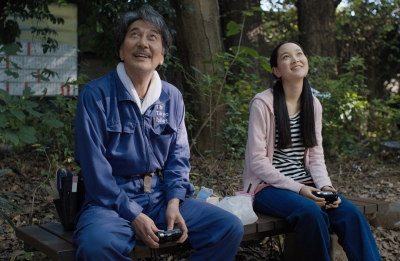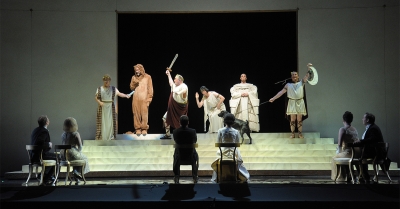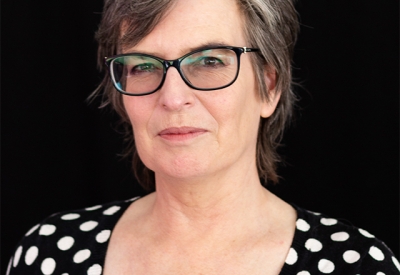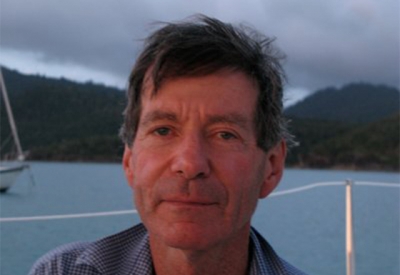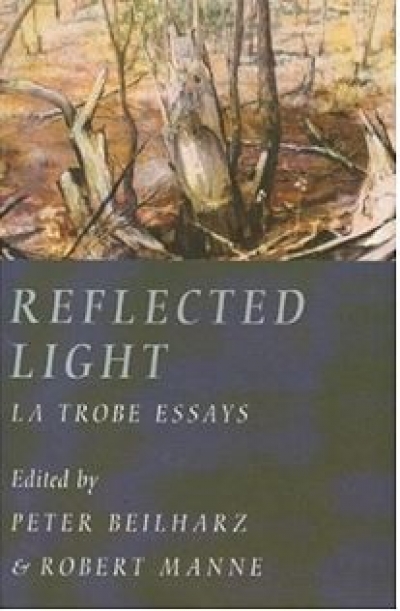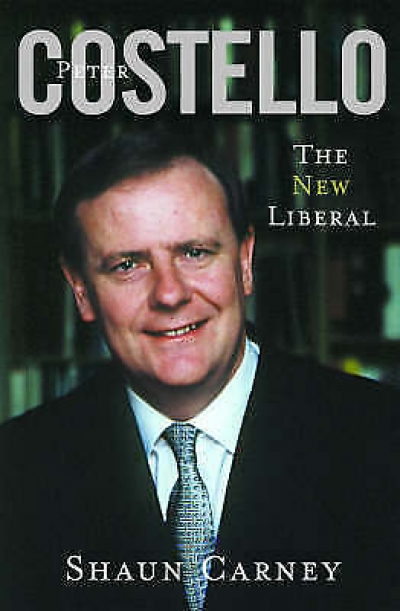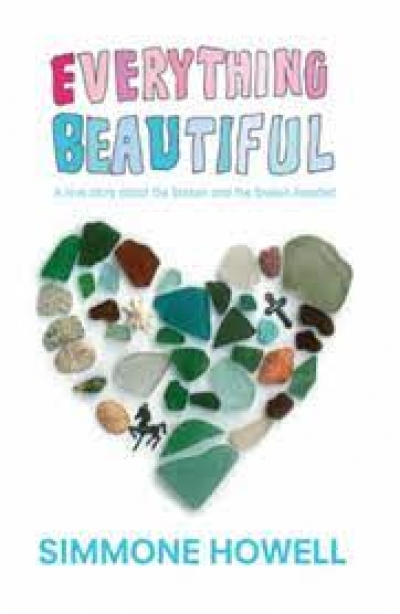Music
Pursuit of the New: Louise Hanson-Dyer, publisher and collector edited by Kerry Murphy and Jennifer Hill
Louise Berta Mosson Dyer (née Smith; later Hanson-Dyer; hereafter, Louise) lived several lives. An eccentric Melbourne socialite, married into the money of Linoleum King, Jimmy Dyer, she moved on from the expectations of provincial charitable good works in her mid-forties to found a ground-breaking new publishing house in Paris. Les Éditions de l’Oiseau-Lyre, or the Lyrebird Press, pioneered innovative, daring editions – of music, books, and later, recordings – sometimes at the cutting edge of technology.



















